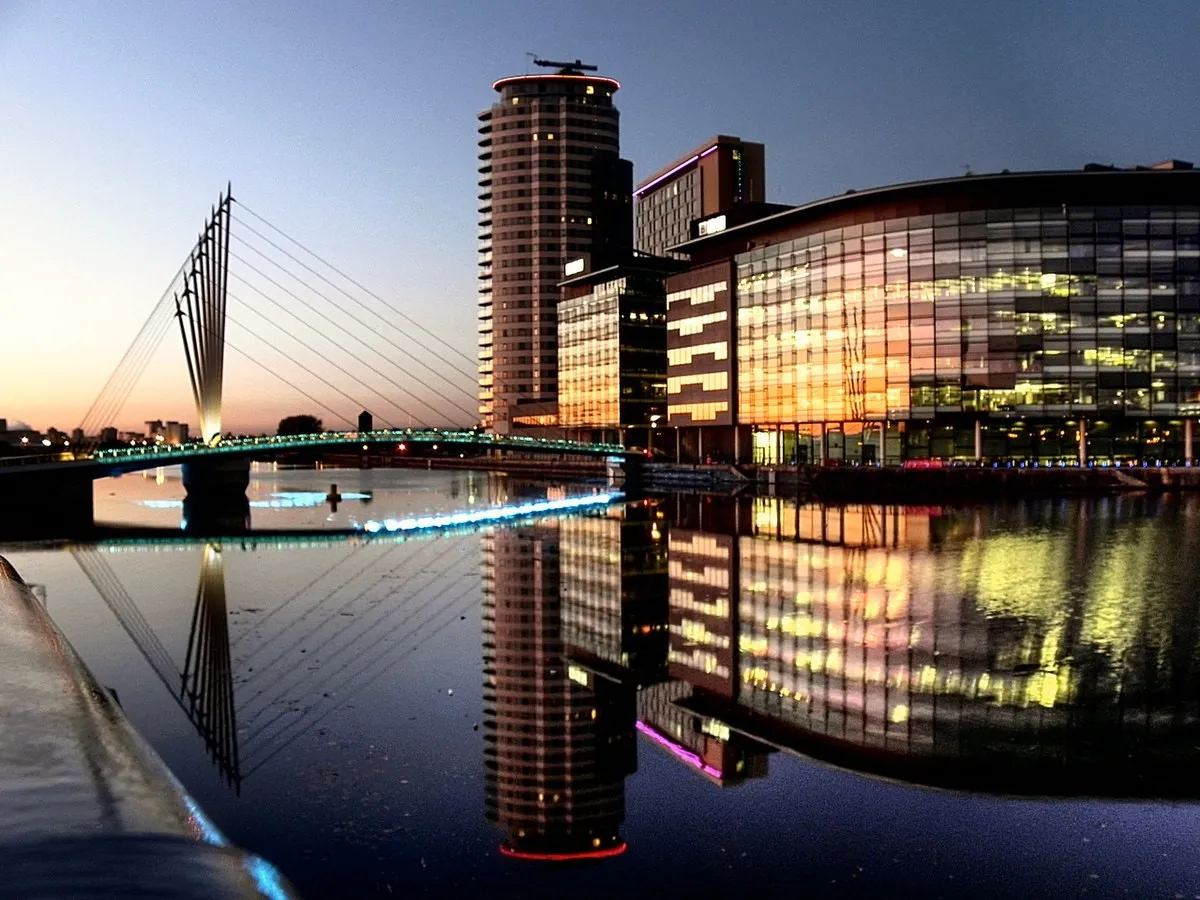Göteborg, Sweden, city officials are looking at alternative ways to improve air quality in the city after a proposed congestion charge was rejected by citizens in a referendum last September.
A study commissioned by the City Executive Office has been examining the impact of a number of different initiatives, including more accessible, free or reduced-price public transport, and speed restrictions.
“There is no other single measure that has the same effect on the environment and congestion that the cha
January 20, 2015
Read time: 1 min
Göteborg, Sweden, city officials are looking at alternative ways to improve air quality in the city after a proposed congestion charge was rejected by citizens in a referendum last September.
A study commissioned by the City Executive Office has been examining the impact of a number of different initiatives, including more accessible, free or reduced-price public transport, and speed restrictions.
“There is no other single measure that has the same effect on the environment and congestion that the charge has,” said traffic councillor Johan Nyhus. “However, with a number of combinations it may be possible to achieve the same effect.”
Göteborg has made available funds of US$1.7 million for the new solution. The study is set to be completed by the end of January 2015.
A study commissioned by the City Executive Office has been examining the impact of a number of different initiatives, including more accessible, free or reduced-price public transport, and speed restrictions.
“There is no other single measure that has the same effect on the environment and congestion that the charge has,” said traffic councillor Johan Nyhus. “However, with a number of combinations it may be possible to achieve the same effect.”
Göteborg has made available funds of US$1.7 million for the new solution. The study is set to be completed by the end of January 2015.








